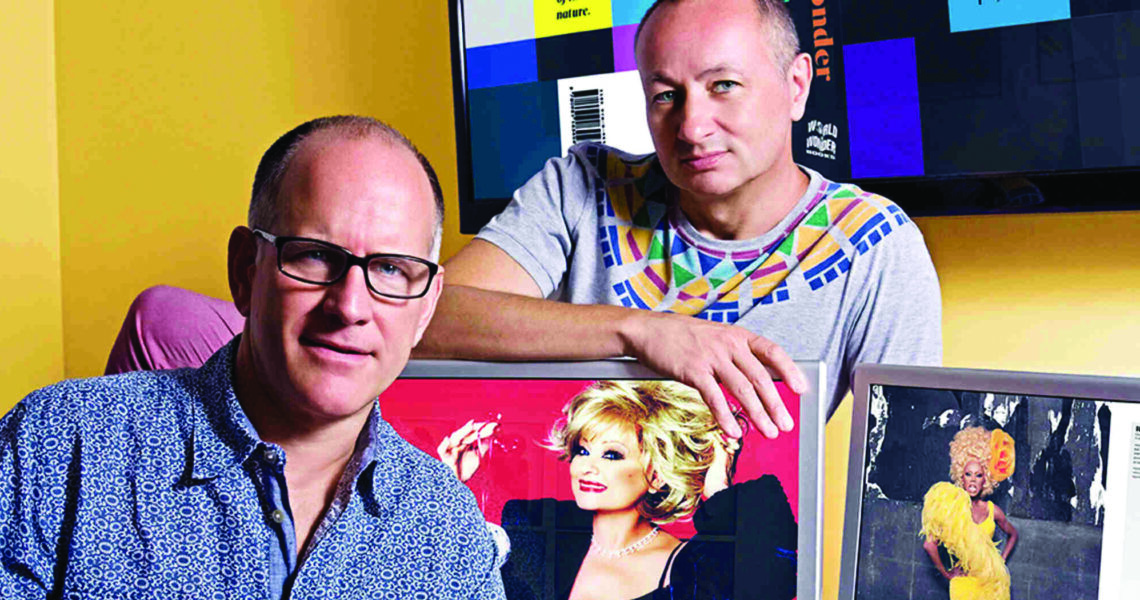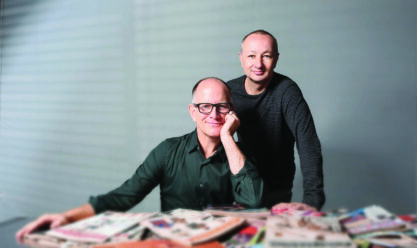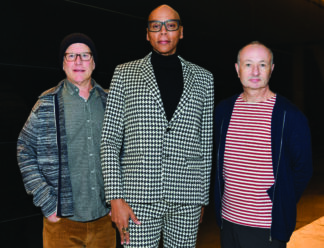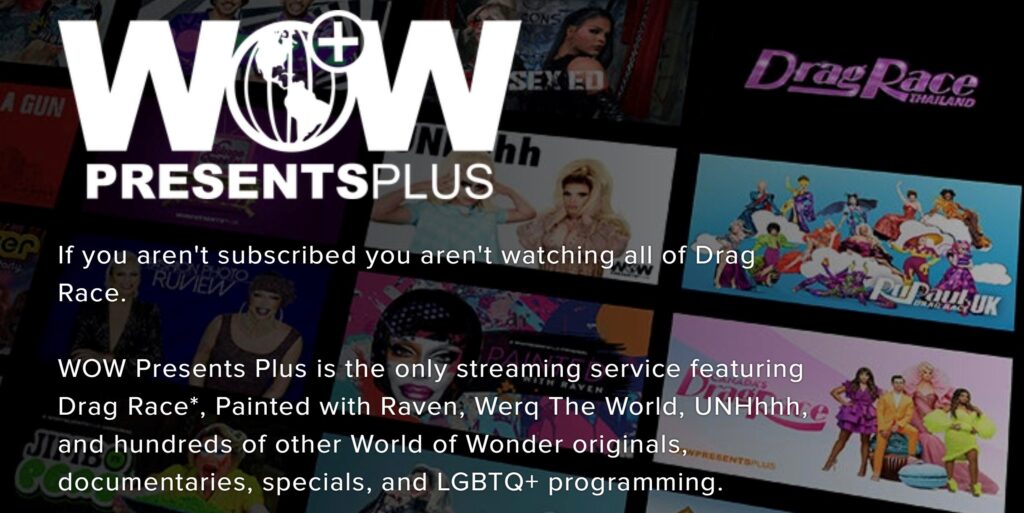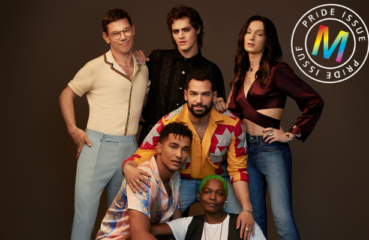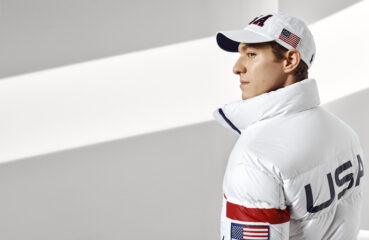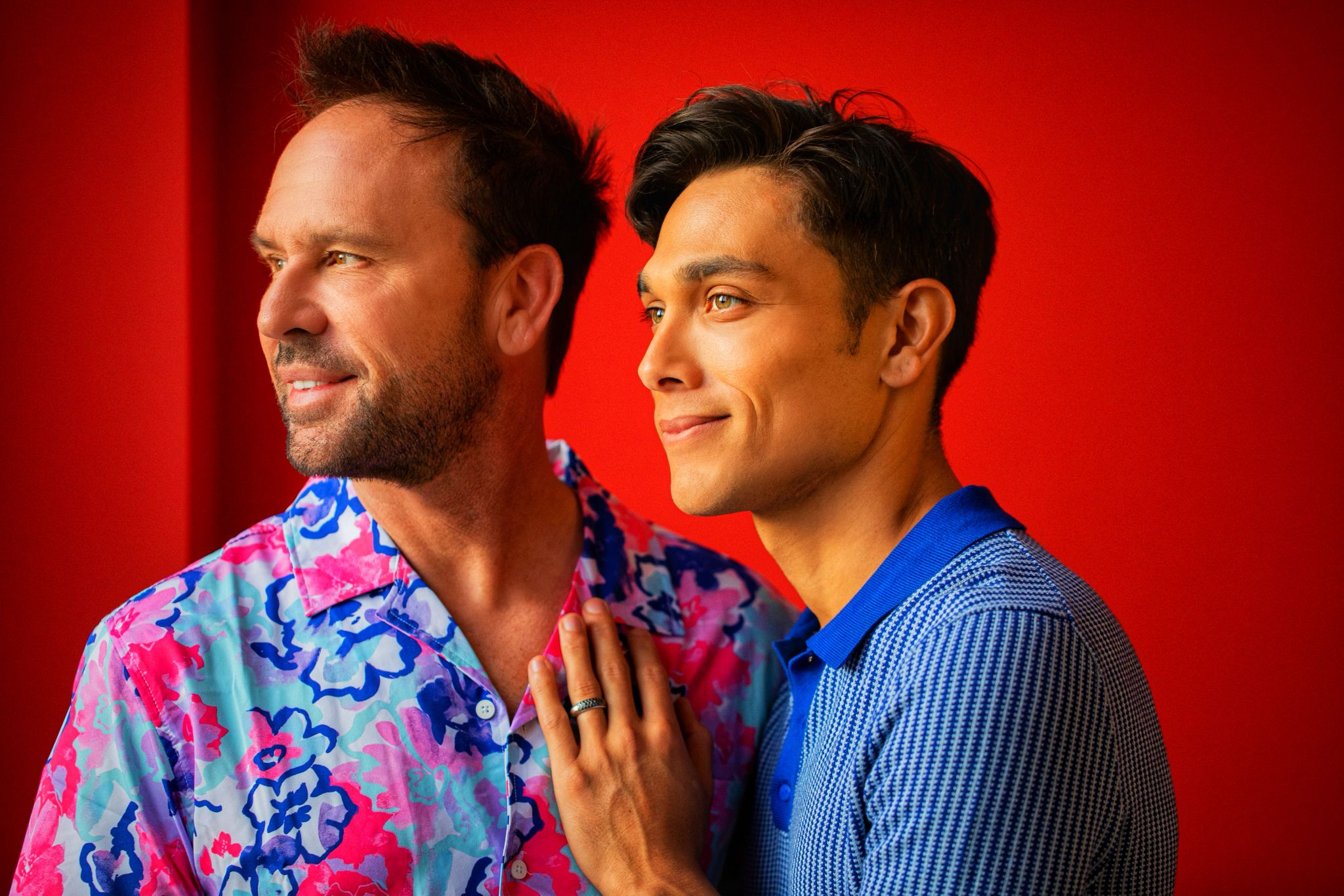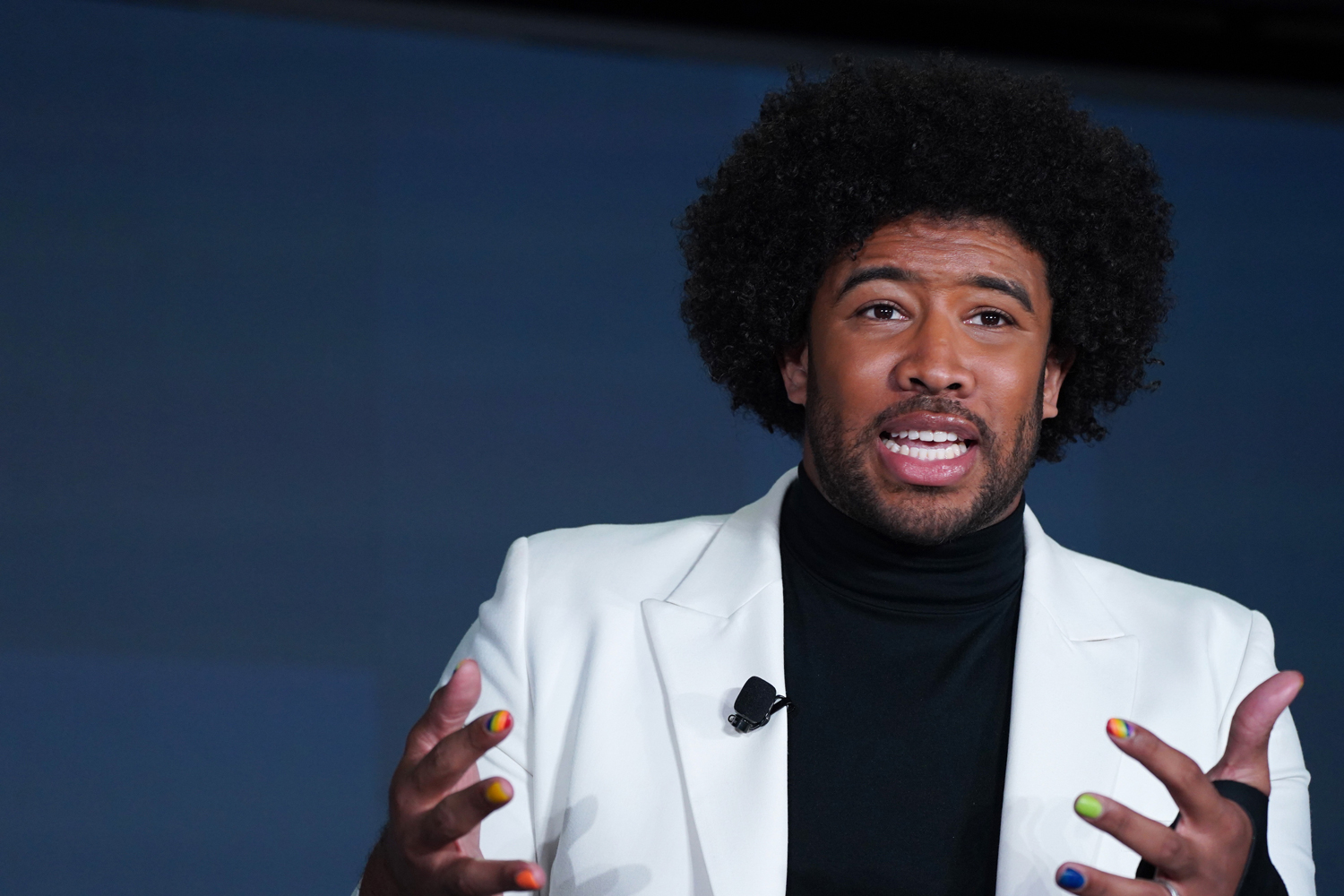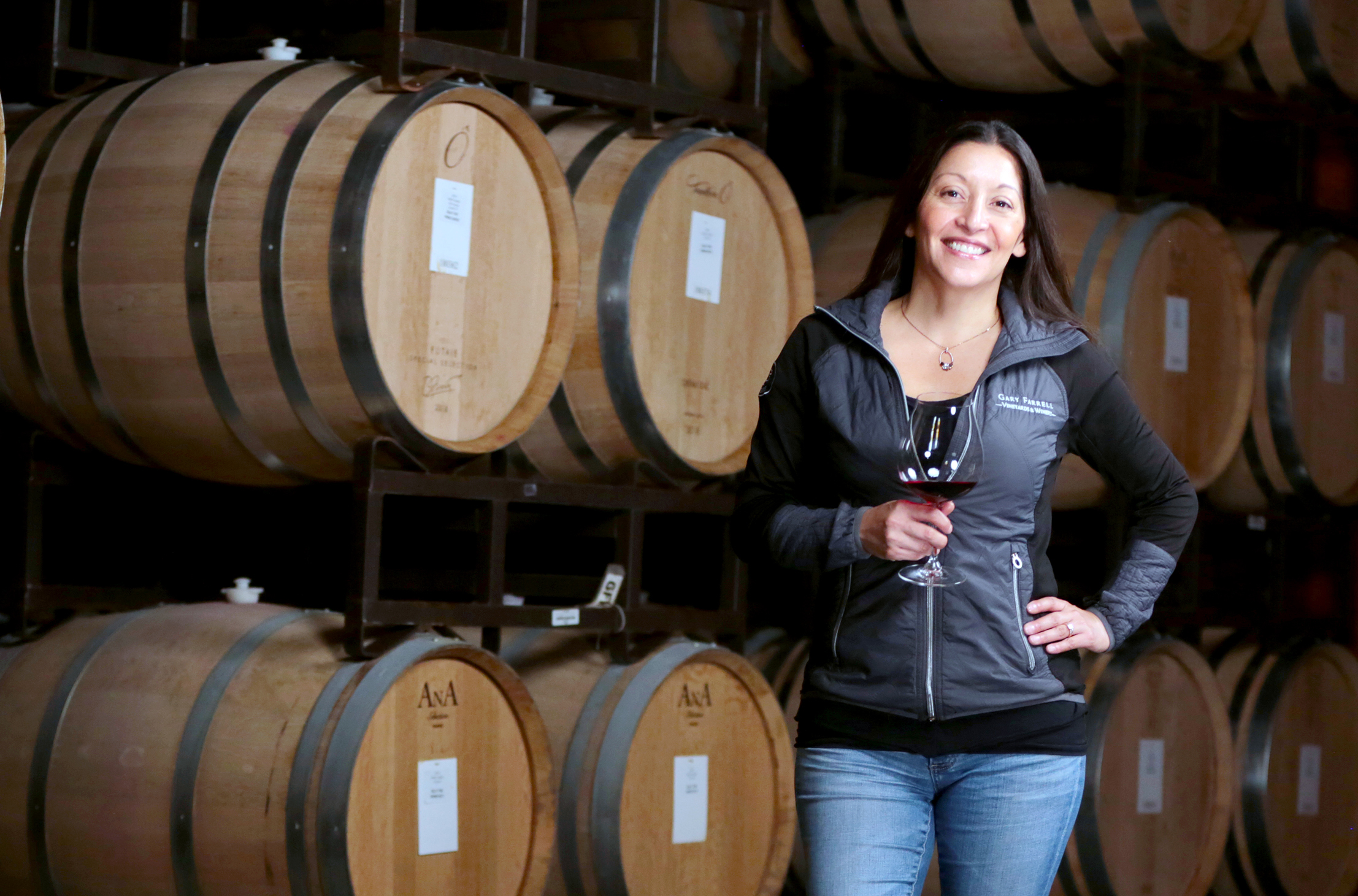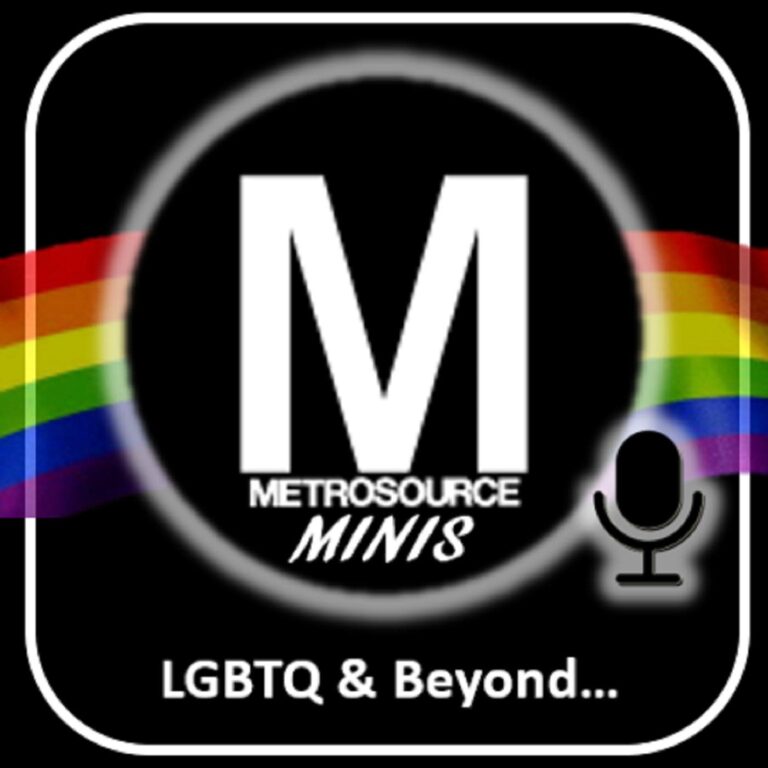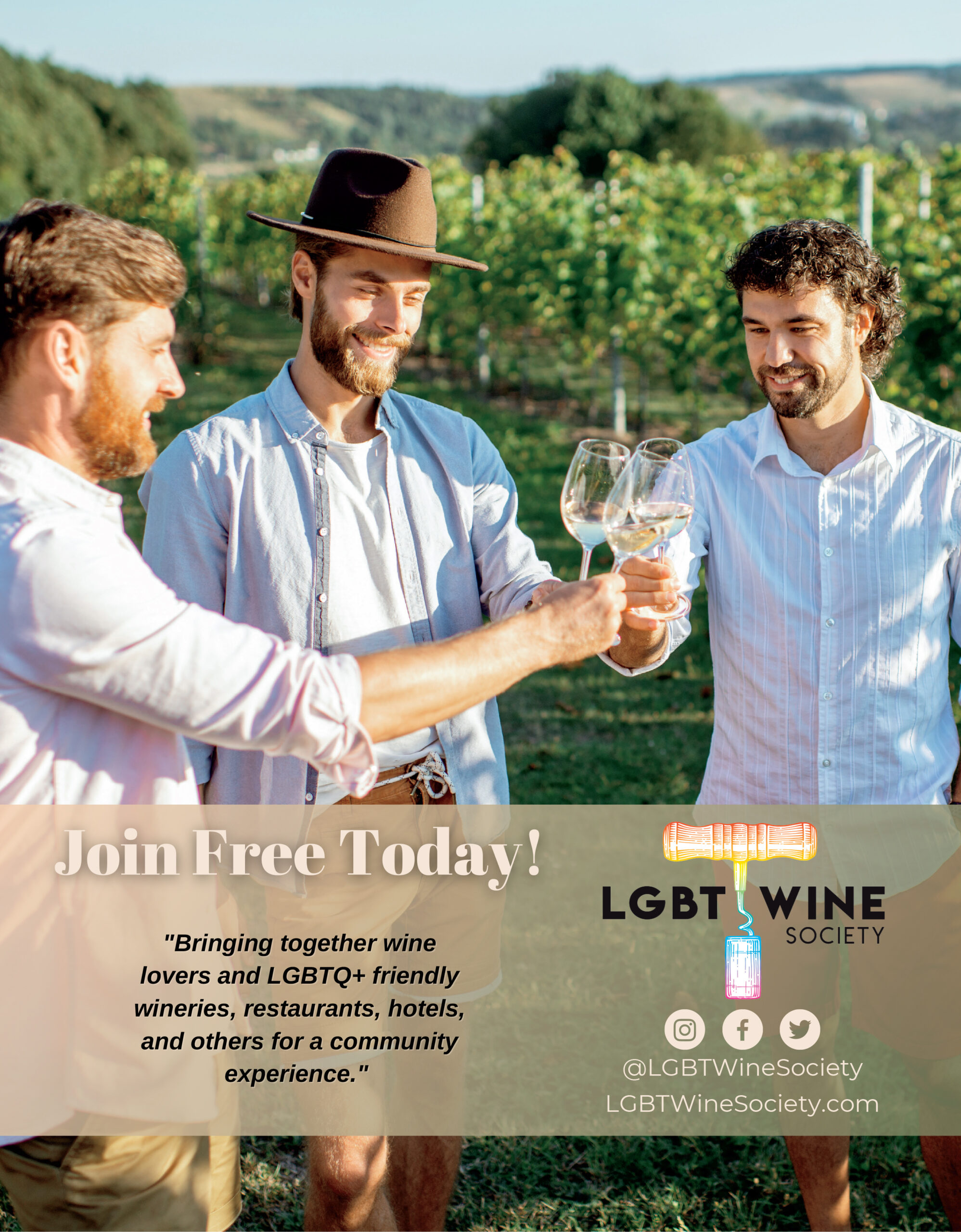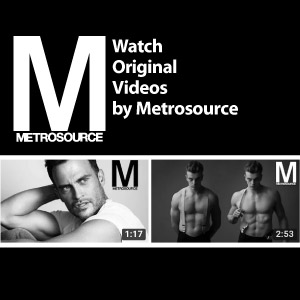The dynamic duo of Randy Barbato and Fenton Bailey, along with their award-winning team, have not only made RuPaul’s Drag Race a mainstream success but have been designated by Variety for having the biggest impact in reality TV. The team celebrates 30-plus years since they founded the multi-media empire that is World of Wonder, responsible for some of our community’s most trailblazing queer content, giving voice to underrepresented artists, icons, and activists. What started out as a dream with barely any money to buy a fax machine has turned into a global conglomerate with award-winning TV shows, web series, live events, podcasts, films, and documentaries that have bridged the gap between LGBTQ+ and mainstream programming.
Their inspiration to get into the biz would come from their childhood television experience, complete with camp, spandex, and a laugh track.
Fenton: For me, it goes way back to the last century when I saw the TV version of Batman and Robin. I loved DC comics, but I think seeing them on TV was inspirational in the sense that it was the campiest thing ever made, apart from Drag Race. It really did inspire me because nothing was really speaking to me before that.
Randy: For me, I think The Brady Bunch was the beginning of my understanding camp. Growing up in suburbia and seeing this reflection of perfection that I knew was untrue and didn’t exist just really titillated me. And it was definitely the beginning of not necessarily my storytelling obsession, but more like my gay obsession and looking at things through a slightly different lens.
Their gay fates would intervene and the duo who were destined for greatness would meet in the lobby on the first day of filmmaking school at NYU. Randy was wearing a Marcia Brady t-shirt that he had hand-painted himself. What was Fenton wearing you ask?
Randy: Fenton had his hair up in a bun and was wearing diamond earrings and had on high-top sneakers and these leopard pants. He was a freak, he was a punk, he was exotic. I do think we connected instantly because we were outsiders, and we collaborated very early on.
With Hollywood being an old boy network and independent films not really being a thing yet, it didn’t seem like the two were going to find an easy way to break into the industry. Needing money, they decided to raise funds by the only logical choice they could think of – start a pop group. Called The Fabulous Pop Tarts, they were like the Pet Shop Boys, only campier. Looking back, they underestimated how hard it was to have a string of big hits. But they persevered, unabashedly ready to tell queer stories, despite the social climate at the time. Where did they get that courage to be pigeon-holed before they even began?
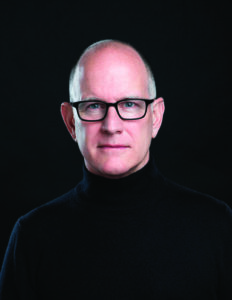
Randy Barbato
Randy: I don’t think it was courage. I just think we were living our lives. It was just who we were, and we were never “in,” and we were living in the East Village and surrounded by people who inspired us and who were all “out.” Well, it wasn’t that they were out, they were just authentic. And so, we didn’t really know any other way.
Fenton: It was a real sort of crossroads, culturally, because we were living around all these artists and performers and queens doing their thing. And then, also at the same time, there was this sort of energy in New York and there was this East Village art scene out of which Jeff Koons came and Madonna as well. Suddenly, all this stuff was happening Downtown that wasn’t just staying in Downtown. It wasn’t just on the margins, it was breaking through, it was a real conscious shift. Culturally there was an opportunity like never before.
Fenton and Randy continue to have their fingers on the pulse of what’s happening. Who knew that a show like Drag Race would become an Emmy Award-winning household name? Even straight people are now doing drag. Why do they think this show, in particular, has become such a hit?
Fenton: Ru said it: you’re born naked, and the rest is drag. It doesn’t matter who you are, man, woman, everything you put on is a state about your identity – that is drag, clothes are drag. Drag is everywhere and its university relatable. There’s a famous essay about camp by Susan Sontag who said, “Nothing in nature is camp.” Nature is incredibly campy, is incredibly gay. And so, maybe drag was seen once as a niche, but it’s actually a universally relatable thing for everyone.
Randy: Specifically, when it comes to RuPaul’s Drag Race, I would say there are three things that have made it so wildly successful and that have fueled the growth of its success. One is RuPaul because he is kind of everything, and he really does have a kind of heart and a spirituality and a wisdom that he’s always had. And so, he’s our sort of leader, and you can feel that. Second, are the queens we fall in love with in this show. It’s a vehicle to meet and connect and fall in love with people and recognize their artistry. I think people do just that – connect with the queens and become part of their family. And the third thing is the unbelievably talented people who make this show, many of whom have been there from day one. I’d love to name all of them because World of Wonder is about them and about their talents and their artistry.
We try to surround ourselves with people who are more talented than we are [LOL] and just as passionate. It is unlike other shows out there. There’s technically a winner at the end of every season and there’s drama, but the show really is designed for people to get to know these amazing artists. This year we just crowned Willow Pill as the winner, which is really special. It’s funny watching her and how much she kind of reminds me of us in the East Village. I felt this nostalgia, I could feel my youth reflecting it in some way. That feels special because so much of what fuels everything we do comes from those hopeful, wistful, inspiring days in the 80s.
The success of World of Wonder’s projects and the high-profile status of Drag Race has flourished under a government administration that actively worked against our community. Even as Drag Race celebrates the inclusion of trans contestants, laws are being made in our nation that strip away their rights. Each year of the show, fans get younger and younger, and yet states are looking to silence the voices of our LGBTQ+ youth and those who would serve as allies. How does World of Wonder explain their continued success juxtaposed to what’s happening from the conservative side?
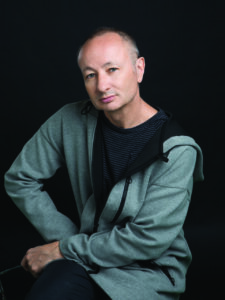
Fenton Bailey
Fenton: Well, the crap we’ve been through, and are still going through, is all based on the idea of like in the 90s, “Don’t Ask, Don’t Tell,” with the notion that you could be gay in the military, just don’t say it, just don’t be public about it. Don’t be visible. But the problem with visibility is if you’re invisible, you don’t exist.
Especially in these times, so much of our lives revolve around screens (Zoom, mobile phones, laptops, TV). We’re really in the screen age. I think this new ‘screen age’ is all about showing people who’ve normally been ignored or hidden, or whose existence hasn’t been acknowledged. I think the very time we’re living in, funnily enough, lends itself to seeing the LGBTQ people and that we have so much to give and contribute to this kind of society. It’s a weird thing to see these attempts to dial it back or erase it. Because it’s not going to work. It never has worked. It never will work. It’s doomed to fail. That’s the headline we mustn’t lose sight of.
I think some people – straight people – don’t understand (and those Republicans in Florida), that actually they’re stuck in a closet too and they have this malformed idea of what is expected of them or how they’re supposed to be. It isn’t really who they are. And I think that the important thing the queer community can demonstrate is that actually everybody’s queer. You don’t have to be gay, but it helps.
The screen age not only has contributed to their success but has also united our community. Fenton continues,
That is the miracle of the screen age. You can connect with people who aren’t geographically right next door to you, who you don’t meet in a bar – especially if you’re in a family situation where you’re not supported and if they knew you were gay, they would kick you out. Thanks to the internet, thanks to the screen age, you can connect with all these people.
With great success comes greater visibility which also opens it up for great criticism. With recent casting announcements and certain programming choices, social media has become another active partner in the production company, good and bad. Keyboard warriors and social media activists have all had their say when it comes to Drag Race. At the end of the day, World of Wonder doesn’t have anyone else to answer to, they exist to tell stories from their point of view.
Randy: World of Wonder is an independent production company, right? We’re fiercely independent. We’ve never borrowed money. We’ve never had investors – we continuously reinvest it. It’s not the way the rest of the entertainment industry works, but for us it does work because we are just endlessly feeding our own passion. There are a number of projects we’ve done that have made not a penny, but we love having done them. Part of why we like success is to be able to create more opportunity.
Fenton: When we made The Eyes of Tammy Faye, hundreds of years ago, Tammy had an expression and talked about “running to the roar.” So instead of running from what you’re afraid of, run towards it and embrace it. Not everyone’s going to like you, and everyone’s got an opinion, and on Twitter, with something negative to say. Just don’t let it bother you.
This superhero duo has celebrated their successes and its losses together. They have overcome obstacles where most people would stop. And though their relationship with each other has changed (they used to be a couple), they are the perfect yin and yang to run this empire.
Randy: In the first 10 – 12 years we really struggled. That brings you together in a way that we really know each other, and what we did to survive. We have this kind of history that just binds us together. Same with our relationship with Ru, because we knew him back then as well. We were all struggling to get by and had dreams and ideas – and believed in what we were doing and had to say. We believed there was a larger audience for it. When you go on that journey, you can’t undo it. I’ve learned so much from Fenton because he is so smart. I’ve also learned not to hit ‘send’ when I’m angry.
Fenton: It really does feel like a kind of chosen family, you know? And I think that’s true for tons of us in the LGBTQ+ community. Oftentimes with chosen family, the bonds are stronger than the family we are born into, who may or may not accept or see you. I can’t really imagine life without Randy. When I look back on it, meeting Randy that first day in film school, I had no idea. None of this would’ve happened without meeting Randy. You end up becoming extensions of each other.
As World of Wonder’s DragCon comes back to in-person events and our favorite Drag Race queens fill the stages at Prides around the globe, Randy and Fenton urge their fans to come together this summer.
Fenton: We have more in common than what divides us. Yes, there are issues and there are conflicts within our community, but fundamentally what we’re up against is so much bigger. I’m sometimes a little nostalgic for those 80s days when everybody was thrown together and we didn’t really define each other or see each other as separate and distinct. It wasn’t like we were all sitting around singing “Kumbaya” or braiding each other’s hair, but there was just an acceptance that we were all in the same boat. I think that’s still true today. It’s just being kind.
Randy: I second that! It’s PRIDE! Have fun, be kind, love one another and use all that energy, use all the stuff we have in common to focus on the real enemy. We’re here, we’re queer, we’re great.
Stream everything WOW PRESENTSPLUS has to offer
Last modified: May 31, 2022

